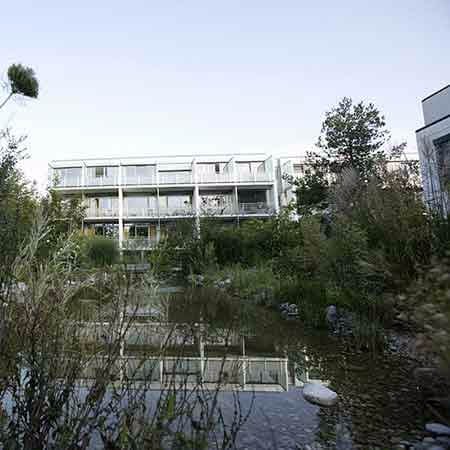About the disease
Cystitis is a benign condition that develops when the bladder wall becomes inflamed. It is more common in females than males. According to Medical News Today, the most common cause of cystitis is a bacterial infection from the bowel. While these bacteria cause no problems inside the bowel, which is their natural environment, they can cause inflammation if they reach the bladder and urethra.
Sufferers of cystitis feel the need to urinate frequently, for example every 10-20 minutes. However, the amount of urine passed is usually much smaller than normal. In most cases, cystitis usually resolves on its own after a few days. In severe cases, however, it can last longer than 5 days and causes acute pain and discomfort.
People who wear a catheter or who use tampons are more likely to develop cystitis, as their bladder and urethra are more exposed to bacteria from the bowel. Pregnant women are also more prone to cystitis, since they can often have problems completely emptying their bladder after urination, which creates a more hospitable environment for bacteria to thrive in.
Symptoms
- Pain in the lower abdomen
- Frequent urination (every 10-20 minutes)
- Blood in the urine, in rare cases
- Itching
- Burning sensation
- Urine is dark and cloudy, in some cases
- Weakness
- Fatigue
- Fever, in some cases
Diagnosis
- During a general examination, the doctor will ask the patient if they have noticed a burning sensation when urinating.
- A gynecologist will examine the urethra, to determine whether its walls are inflamed.
- The patient will also be asked questions regarding their sexual habits, such as the number of sexual partners they have had and whether or not they use a condom. This is because sexually transmitted infections often have similar symptoms to cystitis.
- Urinalysis can determine the exact type of bacteria that caused the patient’s cystitis.
- An STI test can rule out the possibility of a sexually transmitted disease.
- Imaging tests are sometimes performed, if a patient has recurrent cystitis. These help doctors to examine the bladder and urethra more closely.
- A cystoscopy is performed to examine the bladder and urethra, using a thin tube equipped with a tiny camera.
Treatment
- Conservative treatment is often sufficient to clear up a bout of cystitis.
- Antibiotics in the form of a cream or tablets are prescribed to fight the bacteria.
- It usually takes 3 to 7 days to recover completely.
Authors:
This article was edited by medical experts, board-certified doctors Dr. Nadezhda Ivanisova, and Dr. Bohdan Mykhalniuk. For the treatment of the conditions referred to in the article, you must consult a doctor; the information in the article is not intended for self-medication!
Our editorial policy, which details our commitment to accuracy and transparency, is available here. Click this link to review our policies.
















